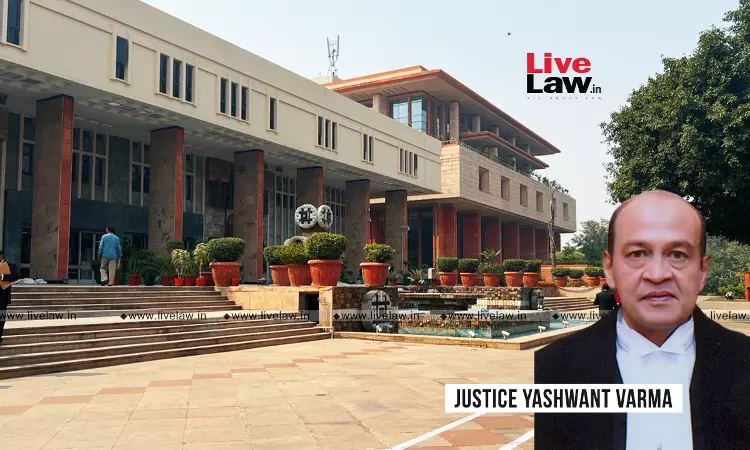A Consent Foreign Award Is Enforceable Under The New York Convention: Delhi High Court
ausaf ayyub
5 Jun 2023 10:00 AM IST

Next Story
5 Jun 2023 10:00 AM IST
The High Court of Delhi has held that a consent foreign award is enforceable under the New York Convention/Part II of the A&C Act, 1996. The bench of Justice Yashwant Varma held rejected the argument that consent arbitration award do not fall within the rubric of New York Convention. The Court rejected the argument that an award to be recognized under the Convention must be one based...
